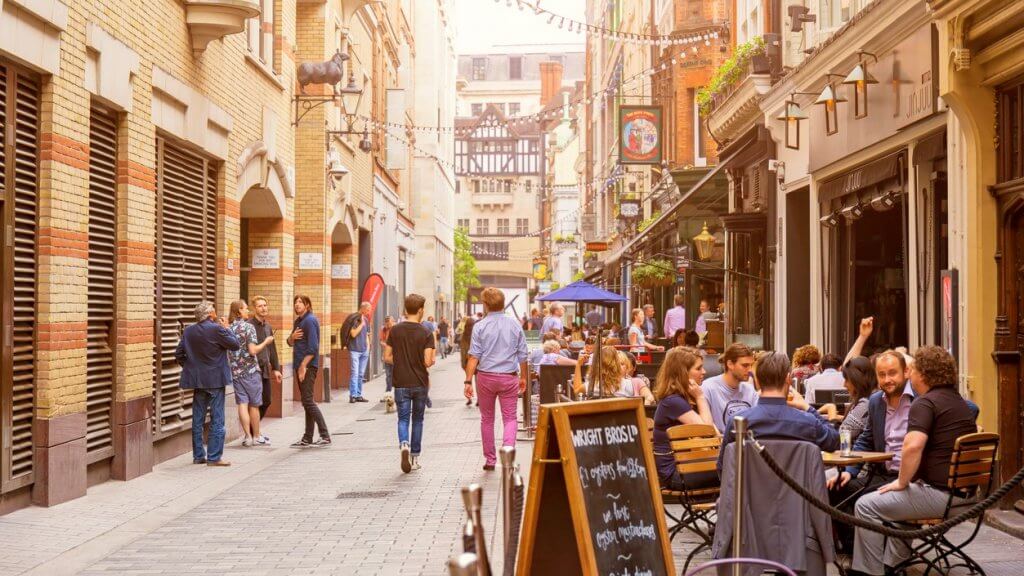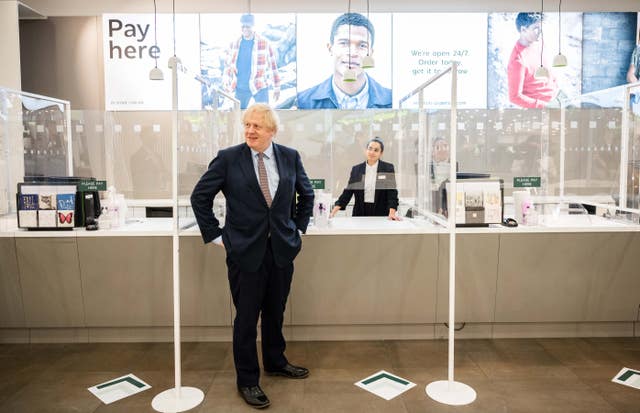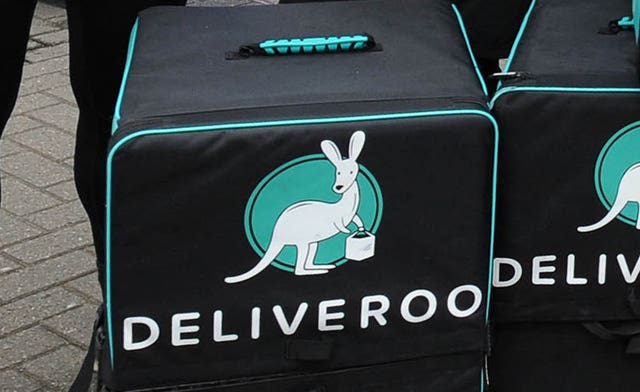Restaurant Bosses Want Support Extended For Duration Of Social-Distancing Rules

The bosses at restaurant chains including Itsu, Pret A Manger and Wagamama’s have urged the Prime Minister to increase support for the UK’s dining sector to prevent mass redundancies.
The letter to Boris Johnson, signed by 90 restaurants, also calls for major tax breaks and financial support until the social-distancing rules have gone, and comes as pressure grows on the Government to reduce the distance from two metres to one.
They wrote: “Without Government support to help restaurants to generate revenue and cover costs, tens of thousands of restaurants may be forced to permanently close their doors in the coming months.”

Welcoming the steps, including the Government’s Coronavirus Job Retention Scheme and cheap taxpayer-backed loans to businesses, the owners warned job losses can be expected.
It said: “This crisis is far from over and the potential consequences are deeply concerning. A huge number of restaurants across the country are facing the prospect of bankruptcy.”
A recent survey by Deliveroo, which organised and signed the letter, found more than half of small and independent restaurants said they would have to close within three months without further support.
“Without Government support to help restaurants to generate revenue and cover costs, tens of thousands of restaurants may be forced to permanently close their doors in the coming months,” it said.
They suggested that as long as social distancing measures remain in place, restaurants should be given grants for updating sites to become Covid-secure, cut VAT, reduce tax burdens, extend the furlough scheme and offer landlords mortgage holidays.
The letter, signed by Deliveroo’s partners, also said all restaurants should be permanently allowed to operate for takeaway services, and pub licence laws should change to allow customers to buy alcohol for takeaway and delivery.

It was unclear from the letter how much the changes would cost the Exchequer, but the signatories pointed out customers spent £40 billion in restaurants last year, with one million employees.
The letter added: “Unless your Government takes urgent action, shuttered restaurants in towns and cities across the country will be a permanent reminder of the damage this pandemic has done.”
Current rules say restaurants can reopen for business next month, but, many are concerned that customers will stay away and keeping social distancing may hit profits is full service cannot return.
Signatories include Julian Metcalfe, founder and chief executive of Itsu; Pano Christou, chief executive of Pret A Manger; Emma Woods and Nigel Sherwood, chief executive and chief operating officer of Wagamama’s, and Neil Manhas, general manager for Pizza Hut UK.
A Government spokeswoman said: “We are working closely with the hospitality sector to develop safe ways for restaurants, bars and cafes to reopen as soon as we can from July.
“These businesses can continue to access our extensive package of support, including our job retention scheme which has been extended until October – meaning it will have been open for eight months and will continue to support businesses as the economy reopens and people return to work.
“This is in addition to the 100 per cent business rates holidays, tens of billions of pounds worth of business loans, guarantees and tax deferrals, and cover for the cost of statutory sick pay.”




